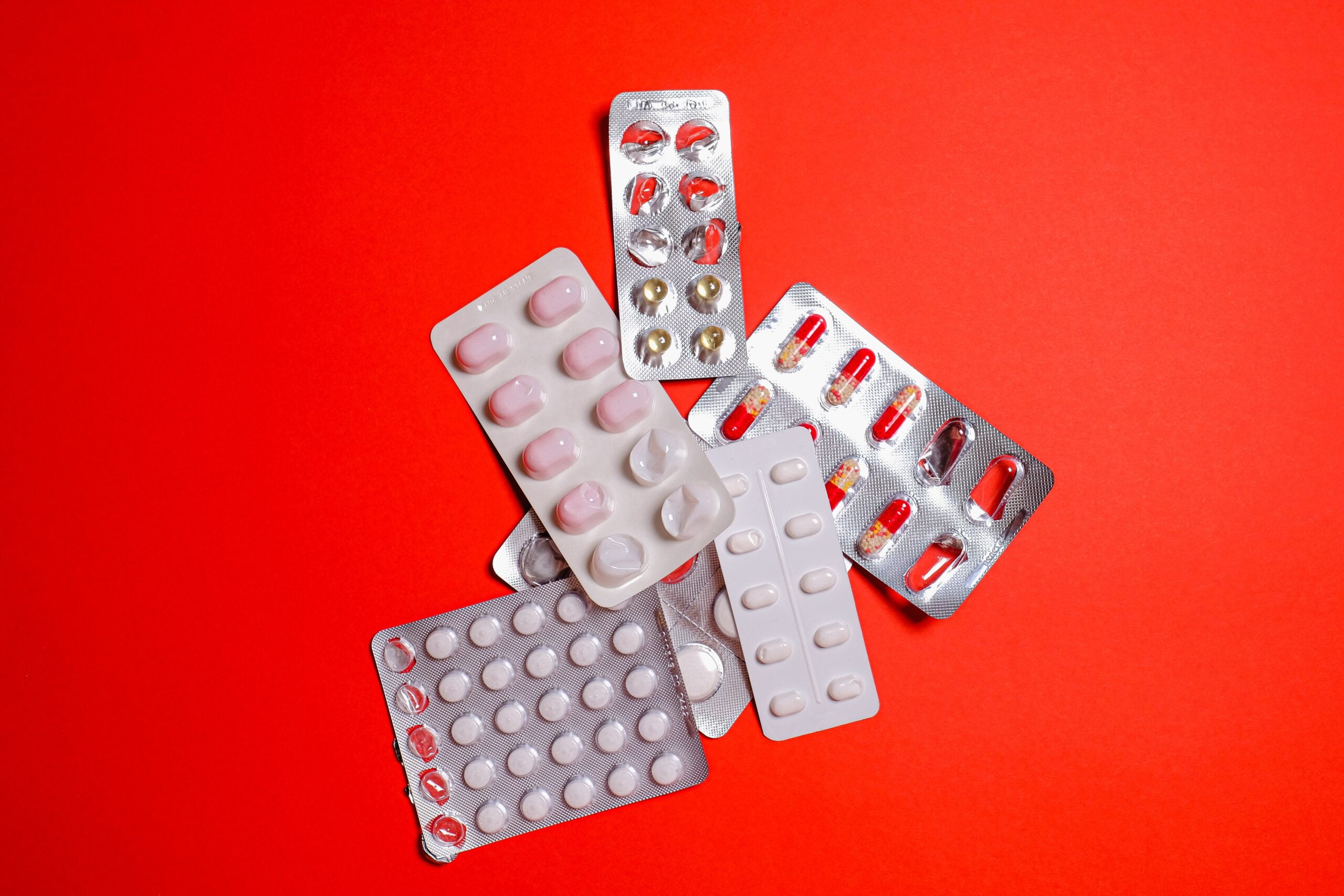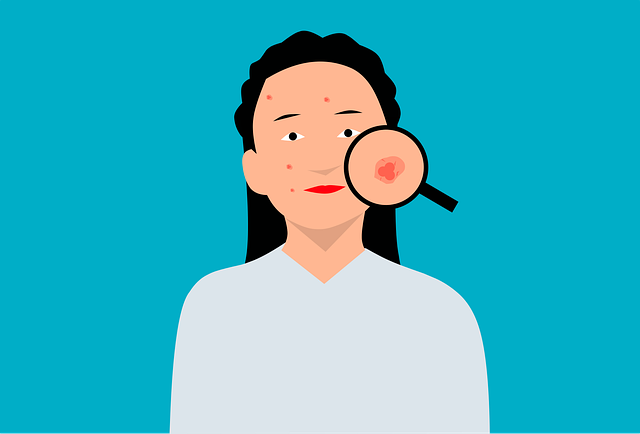Itching, medically known as pruritus, is a common symptom that can be caused by various factors such as allergies, skin conditions, and underlying health issues. When it comes to finding relief from itching, steroids have been a topic of interest. Steroids, also known as corticosteroids, are synthetic drugs that mimic the effects of hormones naturally produced by the body. They are primarily used for their anti-inflammatory properties and are commonly prescribed to treat a range of conditions. In this article, we explore whether steroids can indeed help with itching and shed light on their potential benefits. Additionally, we will examine how the UK approaches the use of steroids in managing itching-related conditions.
Understanding Itching and Its Causes:
Before delving into the role of steroids in managing itching, it is important to comprehend the underlying causes of this bothersome symptom. Itching can arise from various sources, including allergies, skin disorders like eczema or psoriasis, insect bites, dry skin, and even systemic conditions such as liver or kidney diseases. Determining the root cause of itching is crucial for effective treatment and relief.
The Mechanism of Steroids in Managing Itching:
Steroids possess potent anti-inflammatory properties, which play a vital role in managing itching. When applied topically or administered orally, steroids work by suppressing the immune response that triggers inflammation, thereby reducing itching and related symptoms. By calming the immune system, steroids can provide relief from itching caused by allergic reactions, dermatitis, and certain skin conditions.
Steroids for Skin Conditions:
In the UK, steroids are commonly prescribed for various skin conditions that manifest with itching. Conditions such as eczema, contact dermatitis, and psoriasis often result in red, itchy patches on the skin. Steroid creams or ointments can be applied directly to the affected areas, providing relief by reducing inflammation and alleviating itching. These topical steroids are available in different strengths, depending on the severity of the condition and the location of the body. Furthermore, in cases where itching is widespread or not responsive to topical treatment alone, oral steroids may be prescribed under medical supervision.
Steroids for Allergic Reactions:
Allergies can cause itching due to the release of histamines and other immune mediators. In the UK, steroids may be prescribed to manage itching associated with allergic reactions, including hives (urticaria) and angioedema. Steroids can help mitigate the itching by reducing the inflammation triggered by the release of histamines. By doing so, they provide symptomatic relief and aid in preventing the spread of allergic reactions.
Steroids in Systemic Itching:
Itching can also manifest as a result of underlying systemic conditions. In cases where itching is associated with liver or kidney diseases, steroids may be prescribed in the UK to help manage this distressing symptom. By reducing inflammation and modulating the immune response, steroids can alleviate systemic itching, offering patients a much-needed reprieve.
Conclusion: Steroids have demonstrated their effectiveness in managing itching associated with various conditions. Whether used topically or orally, these medications can provide relief by suppressing inflammation and calming the immune response. In the UK, steroids are widely utilized for their anti-inflammatory properties in the management of itching-related conditions such as eczema, dermatitis, allergic reactions, and systemic itching caused by liver or kidney diseases. However, it is crucial to note that the use of steroids should always be under the guidance and supervision of a healthcare professional, who can determine the appropriate dosage and duration of treatment based on individual needs.
FAQs
Q: What is itching, and what are its common causes?
A: Itching, medically known as pruritus, is a bothersome symptom that can be caused by various factors such as allergies, skin conditions, and underlying health issues. Common causes of itching include allergies, skin disorders like eczema or psoriasis, insect bites, dry skin, and systemic conditions such as liver or kidney diseases.
Q: How do steroids help with itching?
A: Steroids, also known as corticosteroids, possess potent anti-inflammatory properties. When applied topically or taken orally, steroids work by suppressing the immune response that triggers inflammation, thereby reducing itching and related symptoms. By calming the immune system, steroids can provide relief from itching caused by allergic reactions, dermatitis, and certain skin conditions.
Q: What skin conditions can be treated with steroids in the UK?
A: In the UK, steroids are commonly prescribed for various skin conditions that manifest with itching. These include eczema, contact dermatitis, and psoriasis, which often result in red, itchy patches on the skin. Steroid creams or ointments can be applied directly to the affected areas, providing relief by reducing inflammation and alleviating itching. In more severe or widespread cases, oral steroids may be prescribed under medical supervision.
Q: Can steroids help with itching caused by allergic reactions?
A: Yes, steroids can help manage itching associated with allergic reactions. Allergies can cause itching due to the release of histamines and other immune mediators. Steroids work by reducing the inflammation triggered by the release of histamines, providing symptomatic relief and aiding in preventing the spread of allergic reactions.
Q: Are steroids used for systemic itching in the UK?
A: Yes, in cases where itching is associated with underlying systemic conditions such as liver or kidney diseases, steroids may be prescribed in the UK. By reducing inflammation and modulating the immune response, steroids can alleviate systemic itching, offering patients relief from this distressing symptom.
Q: Can steroids be used without medical supervision for itching?
A: It is important to note that the use of steroids should always be under the guidance and supervision of a healthcare professional. They can determine the appropriate dosage and duration of treatment based on individual needs. Self-medication or misuse of steroids can lead to potential risks and side effects, so it is crucial to consult a healthcare provider before using steroids for itching or any other condition.
Author

Dr. Aditya K. Sharma
I am Dr. Aditya Sharma, a dedicated urologist specializing in kidney transplants and advanced urological surgeries. My career is driven by a passion for delivering exceptional care and pioneering surgical techniques. Outside the operating room, I have a keen interest in studying the effects of anabolic steroids on bodybuilding, seeking to understand the fine line between enhancing performance and maintaining health.








